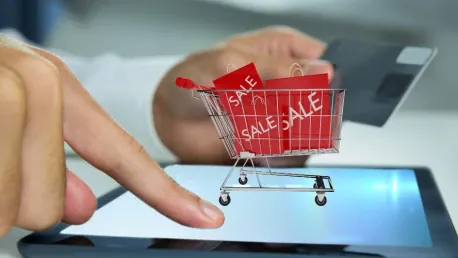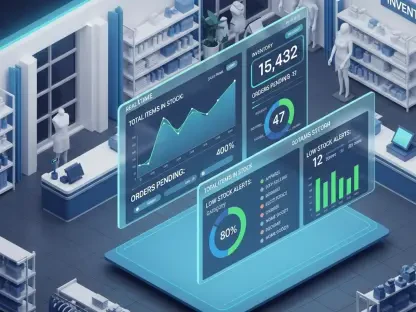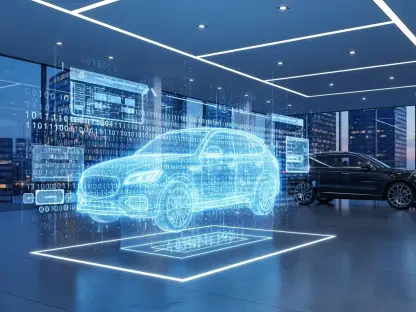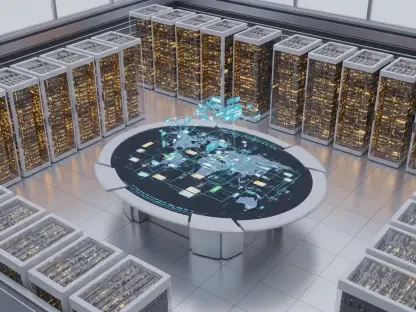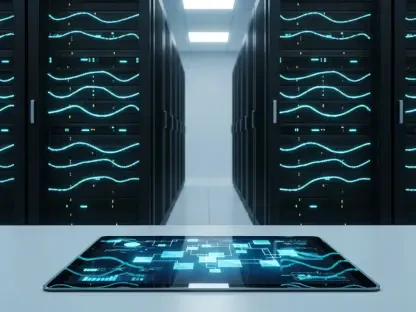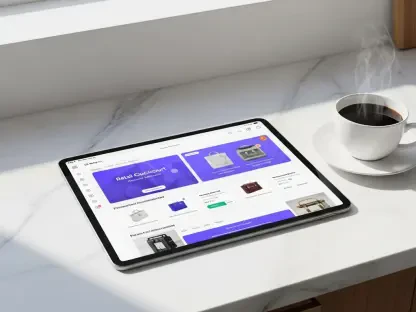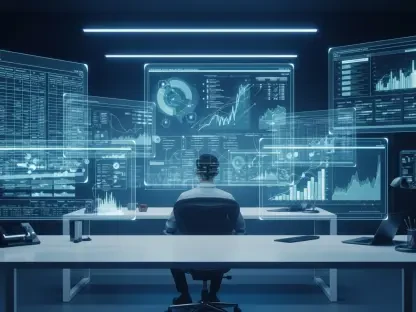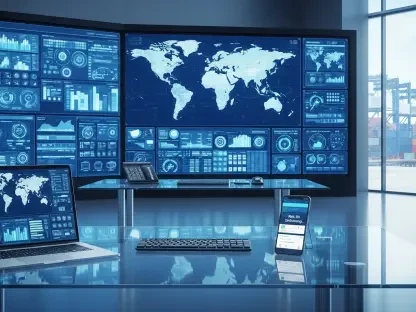The retail industry is undergoing a rapid transformation, driven by advancements in technology and the lasting impacts of the pandemic on global supply chains, which are pushing retailers to innovate and adapt to changing consumer expectations. To maintain their competitive edge in 2025, retailers are increasingly integrating artificial intelligence, promoting omnichannel distribution models, and automating stores. Technologies that offer immersive customer experiences and engage shoppers in the metaverse are gaining traction, alongside a growing emphasis on sustainability, encouraging the adoption of eco-friendly practices and products to reduce carbon footprints.
Retail Fulfillment
Retail fulfillment has become increasingly important as consumers demand faster deliveries, prompting retailers to adopt last-mile delivery services and micro-fulfillment centers to better reach their market. Practices such as Buy-online-and-pick-up-in-store (BOPIS) and curbside pickup are becoming more prevalent. Automation within fulfillment services is also addressing labor shortages and enhancing efficiency, as seen in Amazon’s extensive use of robots in its fulfillment centers.
Omnichannel Commerce
Retailers are embracing omnichannel commerce to bridge the gap between digital and physical shopping experiences. This involves the integration of eCommerce and mobile commerce, with digital-native brands exploring brick-and-mortar formats. Technologies such as voice and visual commerce, in combination with social media platforms, are being used for interactive customer engagements and targeted digital advertising, creating a seamless shopping experience.
In-Store Automation
Advancements in in-store automation focus on delivering hygienic and efficient shopping experiences through technologies like cleaning robots, chatbots, the Internet of Things (IoT), and augmented reality (AR). These innovations help manage store operations more effectively, providing insights into inventory, shelf space, and product placement. Startups are significantly contributing to these solutions, with companies like Milky Way AI offering remote shelf management platforms and Naviteel developing indoor navigation systems.
Smart Checkout
Enhancing customer convenience and reducing wait times, smart checkout solutions such as contactless payments, biometric authentication, and self-service kiosks are becoming increasingly popular. These technologies streamline the checkout process, lower labor costs, and increase customer throughput. For example, Zeroqs has developed a smart shopping cart, while Leav offers a mobile checkout platform.
Immersive Customer Experience
The use of augmented reality (AR), virtual reality (VR), and the metaverse in retail is creating engaging and immersive shopping experiences. These technologies enable virtual try-ons, 3D product visualization, and provide personalized shopping recommendations. They also offer retailers innovative ways to connect with a tech-savvy audience. Key startups in this area include Mazing and So Real, which provide AR software and immersive 3D product catalogs, enriching the customer experience.
Sustainability
A shift towards sustainability is evident as retailers implement eco-friendly solutions to meet consumers’ growing demand for green products. This includes the use of biodegradable packaging, renewable energy sources, and sustainably sourced products. Startups like Textile Genesis and reverse.supply are enhancing supply chain transparency and promoting circular economies through innovative platforms, supporting retailers in adopting more sustainable practices.
Artificial Intelligence (AI)
AI technologies, including machine learning and deep learning, are optimizing various aspects of retail operations, from predictive inventory planning to hyper-personalized marketing campaigns. By enhancing efficiency and improving customer experiences, AI is proving invaluable. Platforms like Puzl and DTEK exemplify how AI can be applied in areas such as advertising and self-checkout processes, driving innovation and efficiency in retail.
Big Data & Analytics
The retail industry is experiencing a significant transformation, driven by technological advancements and the lasting impacts of the pandemic on global supply chains. These factors are compelling retailers to innovate and adapt to shifting consumer expectations. By 2025, staying competitive will require retailers to integrate artificial intelligence, focus on omnichannel distribution models, and automate their stores. Technologies that provide immersive customer experiences and engage shoppers in the metaverse are gaining popularity. Additionally, there is an increasing emphasis on sustainability. This trend is encouraging retailers to adopt eco-friendly practices and products to mitigate their carbon footprints. The combination of these technological and environmental shifts is reshaping the retail landscape. Retailers who embrace these changes are more likely to thrive in the evolving market, while those who fail to adapt may struggle to keep up with the rapidly changing demands of modern consumers.
